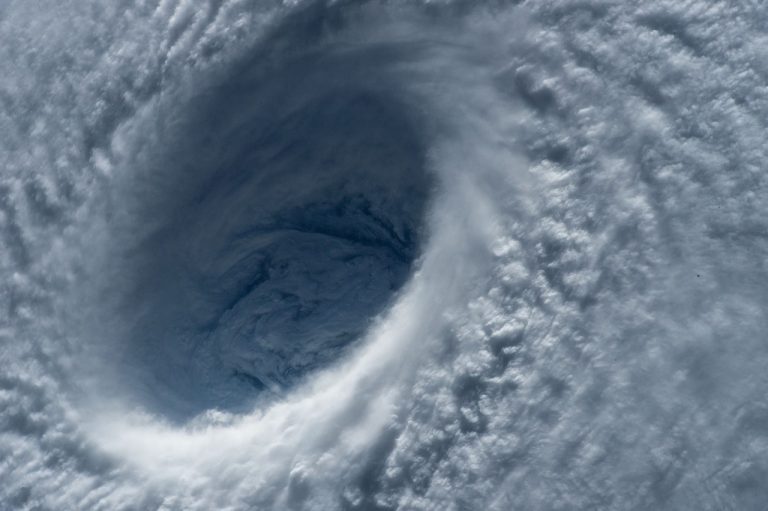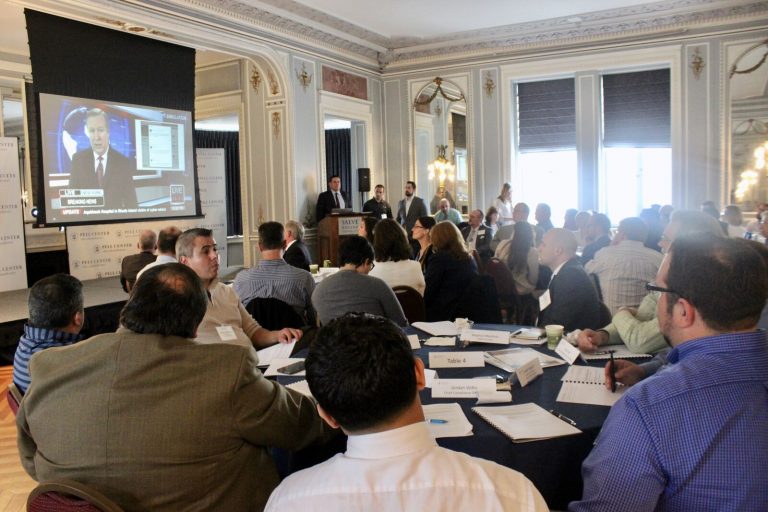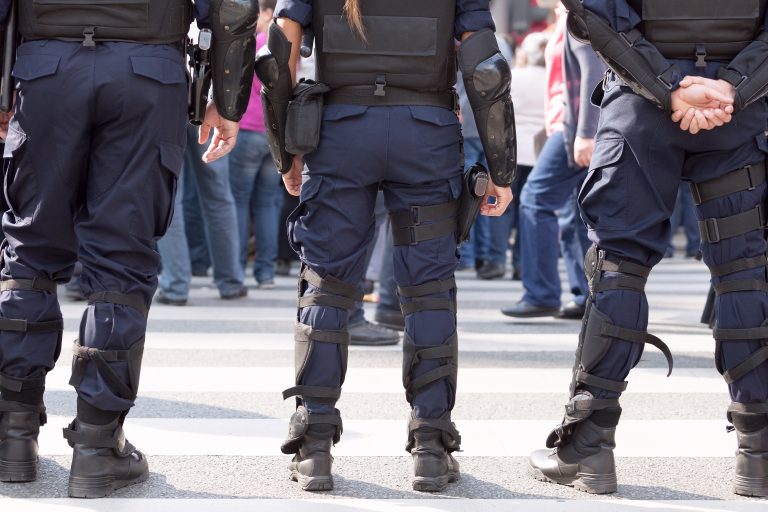Surprise! – Its Hurricane Season
“With every mistake, we must surely be learning.” ~ George Harrison (While My Guitar Gently Weeps) The 2017 Atlantic hurricane season is becoming one of the most active seasons on record, thanks to a stretch of long-lived, destructive hurricanes over the past five weeks. It was the first time in history that we had two…







